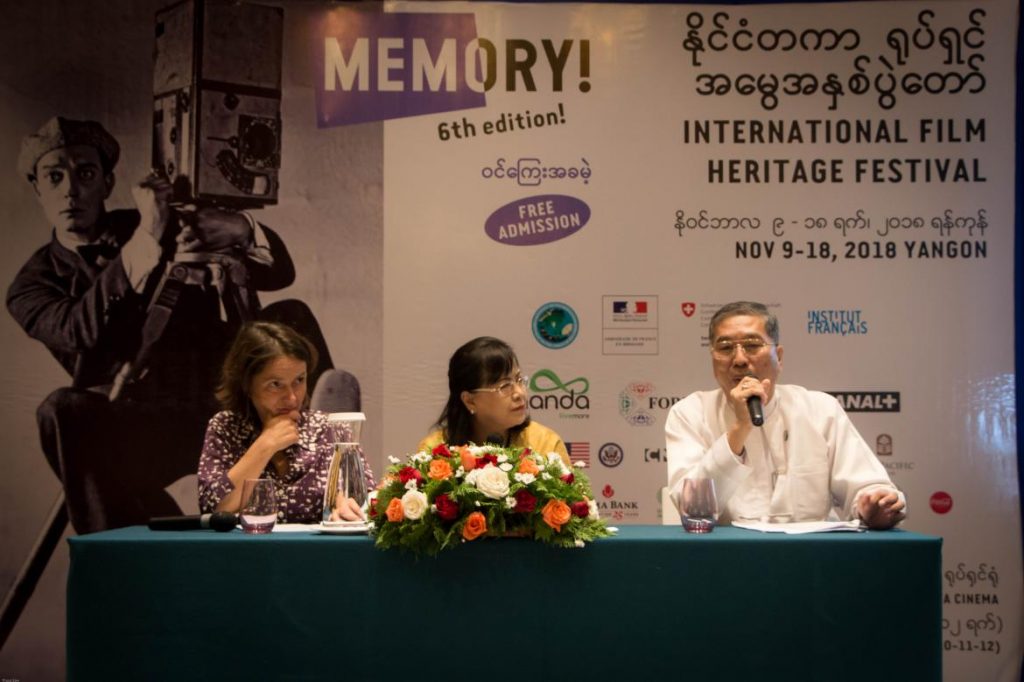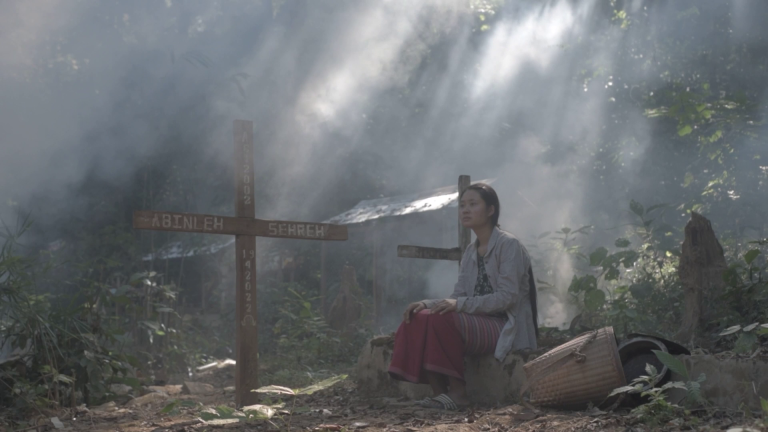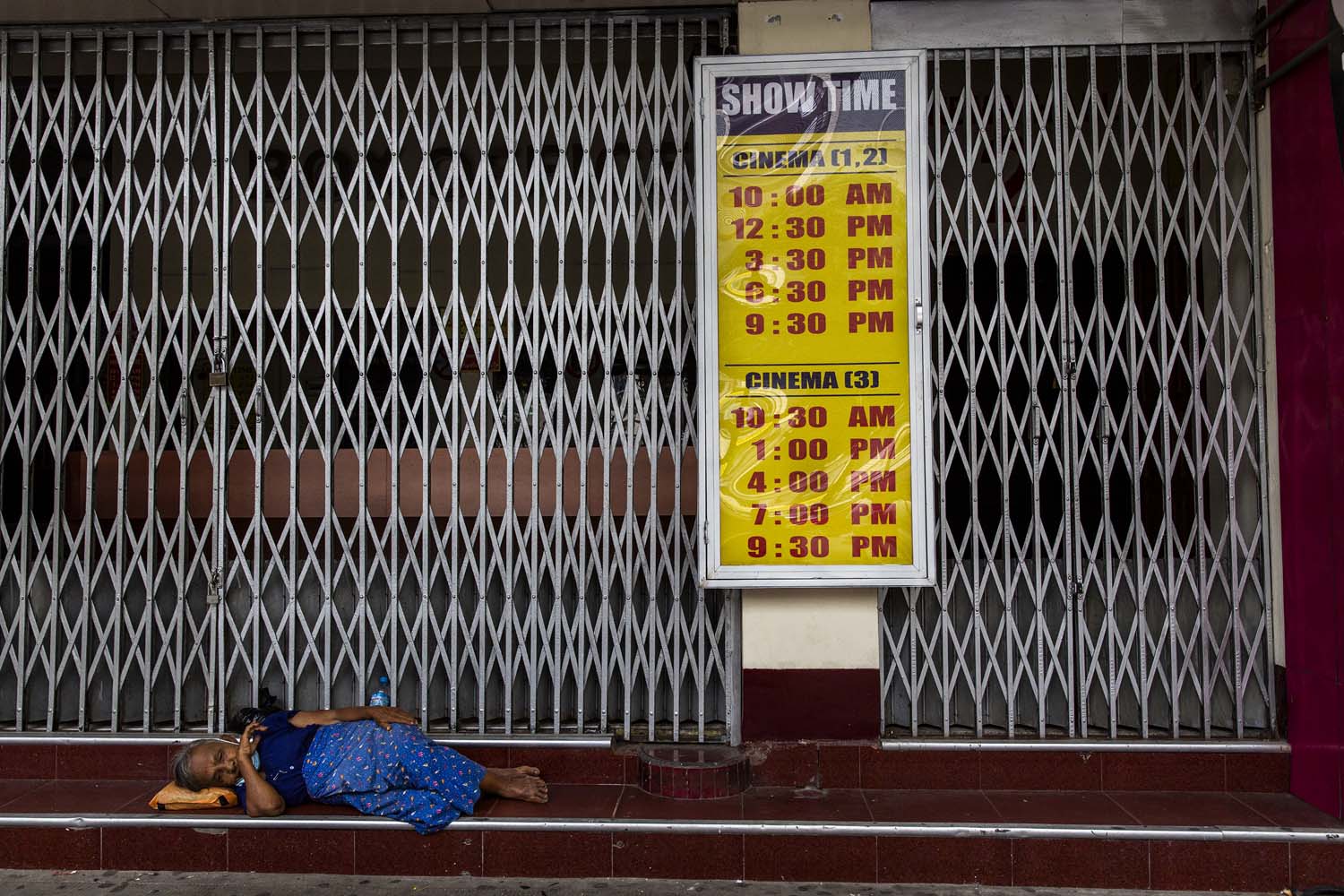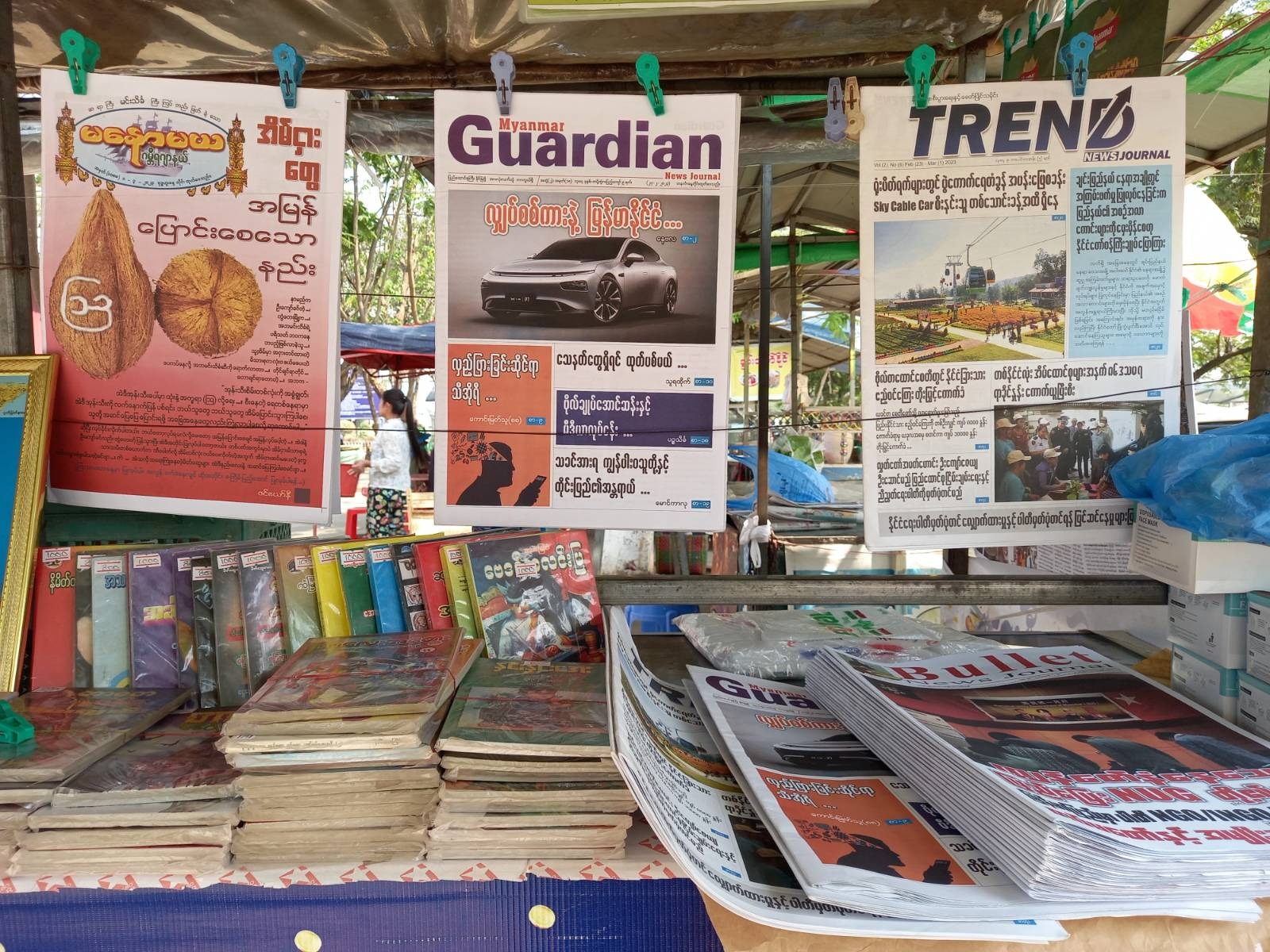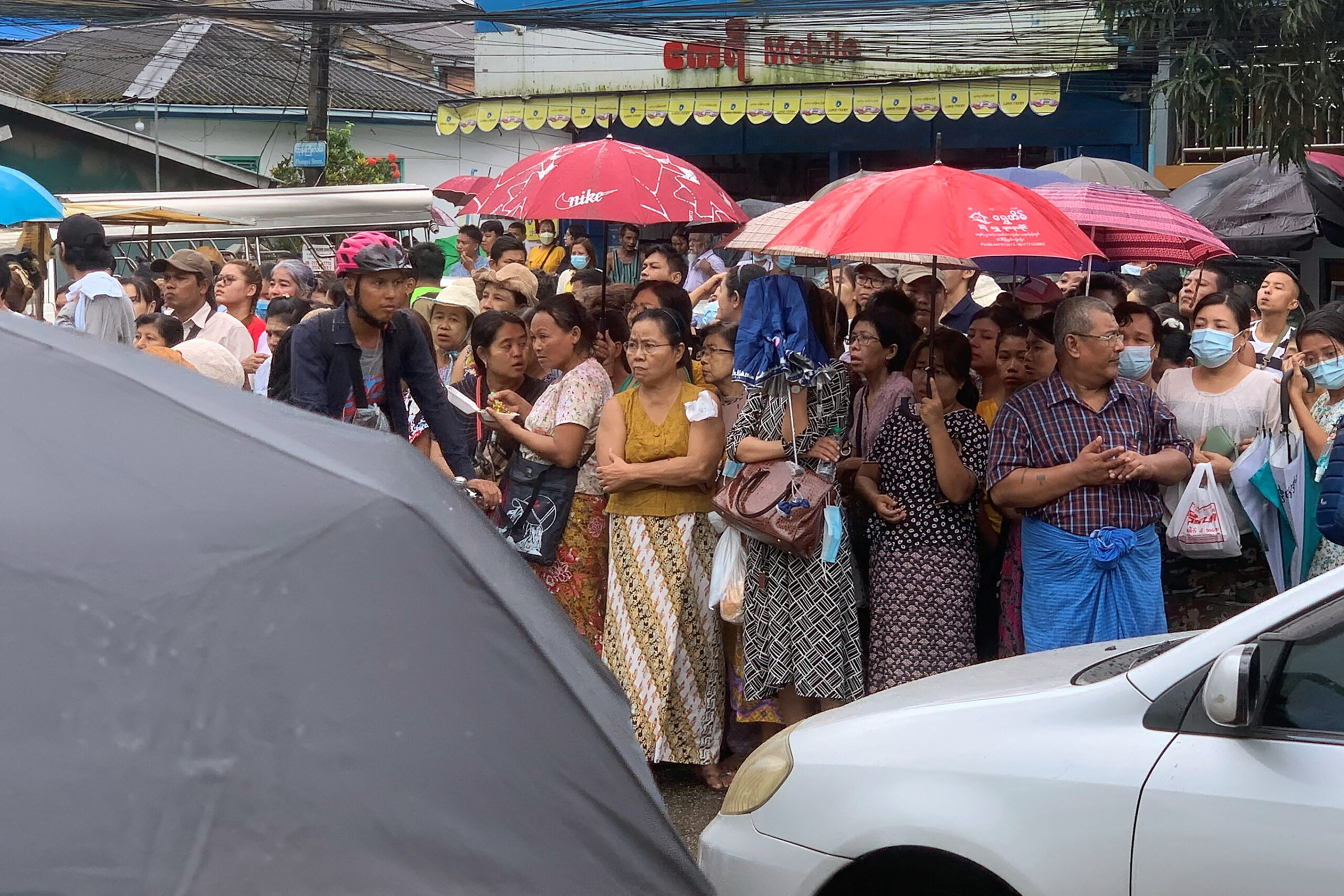By EVA HIRSCHI | FRONTIER
YANGON — The sixth Memory! International Film Festival, happening in Yangon from November 9 to 18, will focus on press freedom and democracy. Its goal is to connect the challenges of the past with those faced by journalists today.
This is not limited to recent events in Myanmar, such as the sentencing of two Reuters journalists to seven years each in prison for their reporting on military atrocities, or the arrest of three Eleven Media reporters over an article that criticised the business ventures of the Yangon Region government.
The festival also depicts the challenges faced by journalists in the past and in different countries, as they fought to unveil scandals and to reveal the truth.
One of the most iconic examples of the importance of a free press is the Watergate scandal in the United States, in which two journalists at the Washington Post investigated the arrest of five thieves at the Democratic National Committee headquarters and revealed the involvement of then-President Richard Nixon, who was preparing his re-election campaign.
Support more independent journalism like this. Sign up to be a Frontier member.
Facing the risk of impeachment for his role in covering up the scandal, Nixon became the only US president to resign from office. For their reporting, the two journalists Bob Woodward and Carl Bernstein won a Pulitzer Prize and their story was later told in the best-selling book “All the President’s Men”, which was turned into a movie in 1976 featuring Robert Redford and Dustin Hoffman as Woodward and Bernstein.
Press and democracy
“All the President’s Men” will be showcased at the sixth Memory! International Film Festival, alongside dozens of other films relating to this year’s theme: “Press and Democracy on the Silver Screen”.
Organisers say the festival’s theme was decided last November, before Reuters journalists Ko Wa Lone and Ko Kyaw Soe Oo were arrested in December in a landmark case that prompted global outrage. Ms Séverine Wemaere, co-founder of the festival, told Frontier that the case and other recent events confirmed the importance of the topic in Myanmar.
She said the idea had emerged as a continuation of last year’s theme, “Banned Films and Censorship“.
“In 2018 we wanted to pursue the debates that were generated last year and to explore freedom of expression further in a different frame,” Wemaere said. This time, the theme will examine how filmmakers from around the world see the role of journalists in society, she said.
Among the 75 local and international films scheduled for inclusion in the festival, other iconic movies about journalism such as “Scandal” (1950, Japan), “Ace in the Hole” (1951, US), “A Face in the Crowd” (1957, US), and “His Girl Friday” (1940, US) will be screened at the Waziya cinema on Bogyoke Aung San Street in downtown Yangon.
Two special open-air screenings will be held in Mahabandoola Park: “Mya Ga Nain” (1934, Myanmar) and Charlie Chaplin’s “The Gold Rush” (1925, US).
Linking past and present
Mr Cyprien François, counsellor of cooperation and culture at the French Embassy, a co-sponsor of the festival, told Frontier he believed that old movies could help illuminate a contemporary issue.
“We want to show that in other countries journalists needed to fight for their right to freedom of expression as well,” he said. “Debate about this topic is important, which is why we support the festival.”
Beyond the busy schedule of film screenings, on November 10 a seminar at Yangon’s Secretariat building will gather Myanmar and foreign panellists to discuss links between the films and the current situation in Myanmar.
Journalists, filmmakers and film and media scholars, including Mr Howard Besser, professor of cinema studies at New York University, Mr Suresh Chabria, professor of film appreciation and former director of the National Film Archive of India, writer and actor Ma Thida and Frontier’s CEO and co-founder U Sonny Swe will discuss topics including media freedom in Southeast Asia, fake news in the United States and the 2009 Maguindanao massacre in the Philippines, which the Committee to Protect Journalists has called the single deadliest event for journalists in history.
As in previous years, the Myanmar Script Fund will support emerging Myanmar filmmakers working on their first or second full-length feature film. The programme, which will take place during the festival, aims to connect filmmakers from Myanmar with international audiences. Workshops for young journalists will also be held.


